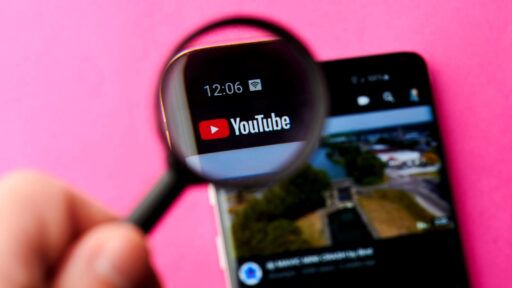Originally Posted on MakeUseOf by Megan Ellis
Meta has rolled out its AI assistant Meta AI to more platforms, meaning that Facebook and Instagram users can now access the chatbot. But just because you can use it, should you?
If you use the Facebook or Instagram apps, you may have noticed a new blue and purple circular icon appearing in search bars and at the top of your app. Once you enter a chat with the AI, you can generate images and GIFs, ask for summaries of text, and ask questions that generate answers from a variety of sources. You can even add Meta AI to group chats.
However, by using the tool, you are agreeing to Meta’s Terms of Service for Meta AI. And here’s where some people may hesitate.
By interacting with the chatbot, you are giving it access to certain data, including personal information that you share with it.
As Meta’s AI Terms note:
"We may process personal information, including any sensitive information, as described in the Privacy Policy, including to improve AIs and related technology."
Some of this data may be provided to third parties to improve the product. While the Meta AI chatbot told me in a chat that it does not retain information from our chats, the terms differ.
"When information is shared with AIs, the AIs may retain and use that information to provide more personalised Outputs. Do not share information that you don’t want the AIs to retain and use. Do not share account identifiers or passwords."
According to Meta, the AI only has access to messages that mention it directly. But these messages may also be used to improve the AI’s quality. Trusting a chatbot with sensitive information is one of the mistakes people make when using generative AI and it could result in personal information being leaked.
The terms also go to great lengths to explain that Meta AI’s output is not always accurate and places the responsibility on the user to verify its output.
"You should not rely upon outputs for any purpose or use outputs to inform professional advice or decisions related to medicine, finance, law or pharmaceuticals."
In my short time using the chatbot, I already spotted some inaccuracies. These included Meta AI saying that it was a text-based AI and that it doesn’t support downloading images. However, you can download images you generated with the bot.
The biggest risks that come with using Meta AI relate to data privacy and accuracy. So you should keep these risks in mind if you opt to use the AI assistant.
Data privacy and accuracy are also risks when it comes to using generative AI, but Meta AI’s access is particularly pervasive as it includes certain messages and information in chats that would not be otherwise publicly available.
Generative AI is known for hoovering up an excessive amount of data to train the large language models behind chatbots. So you may want to think twice before offering up even more personal information.






